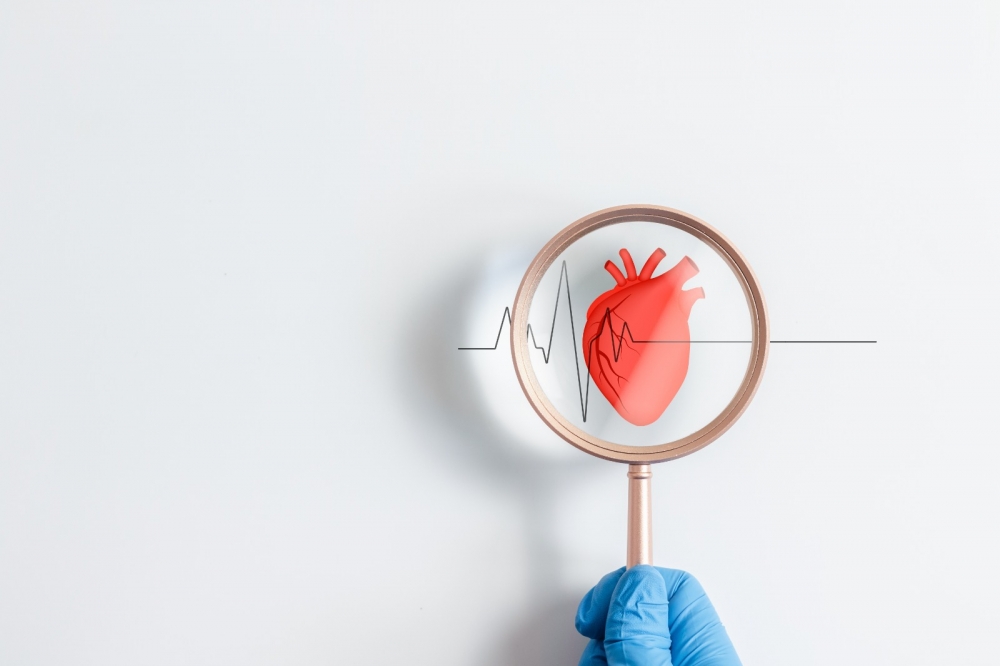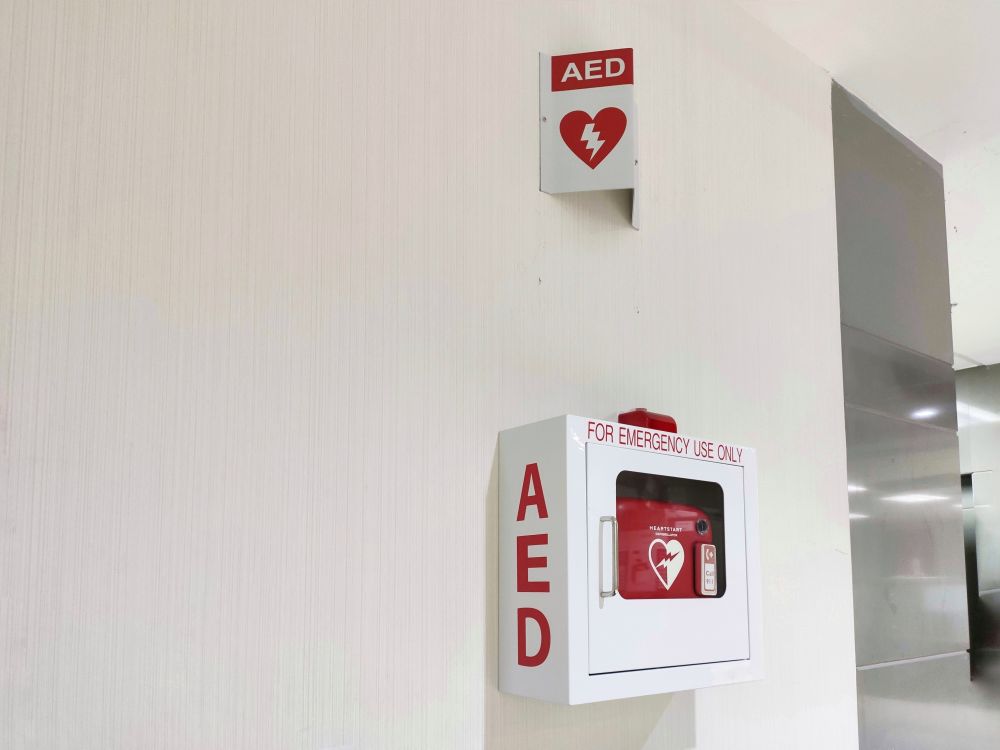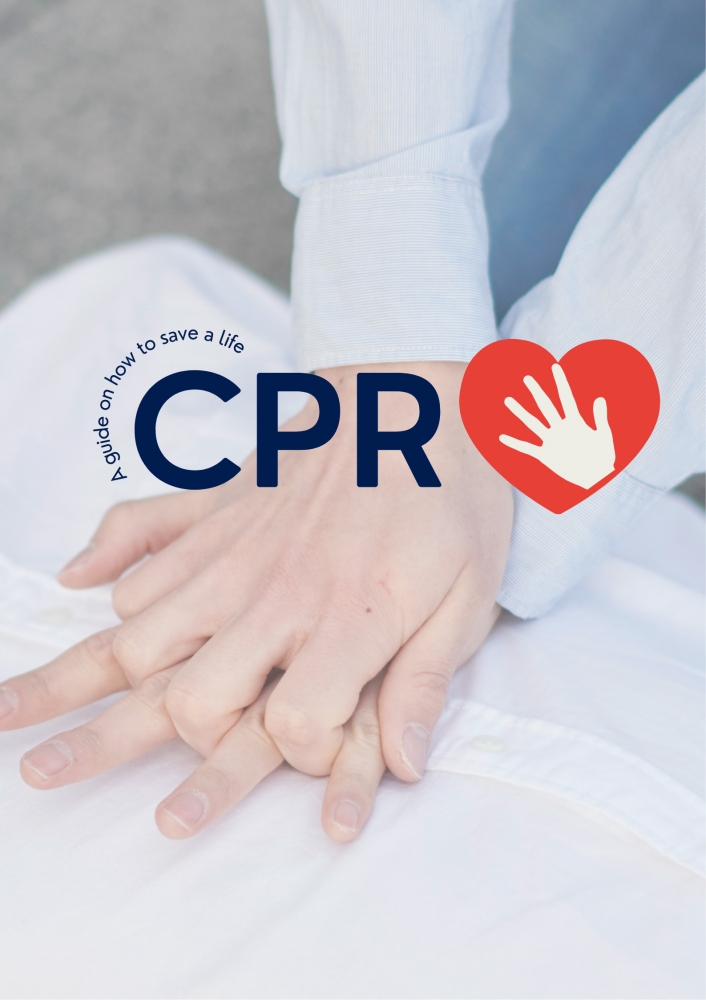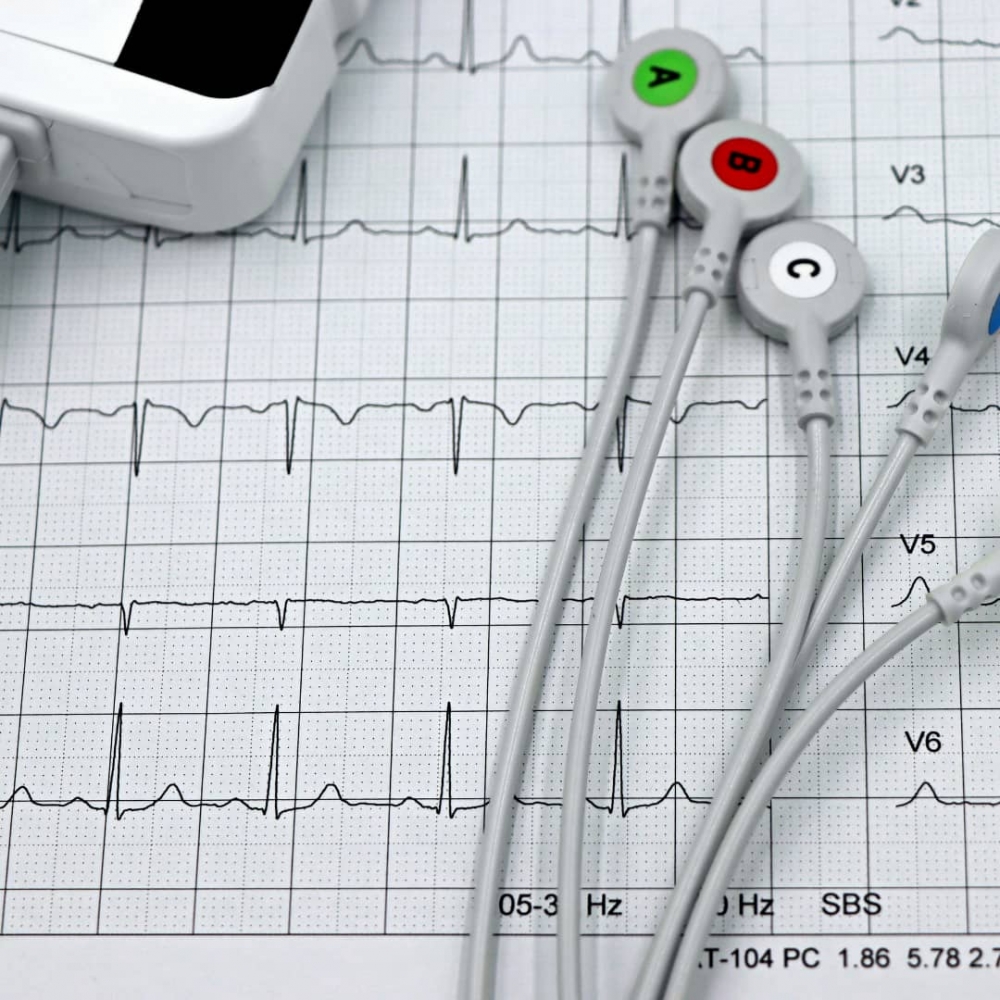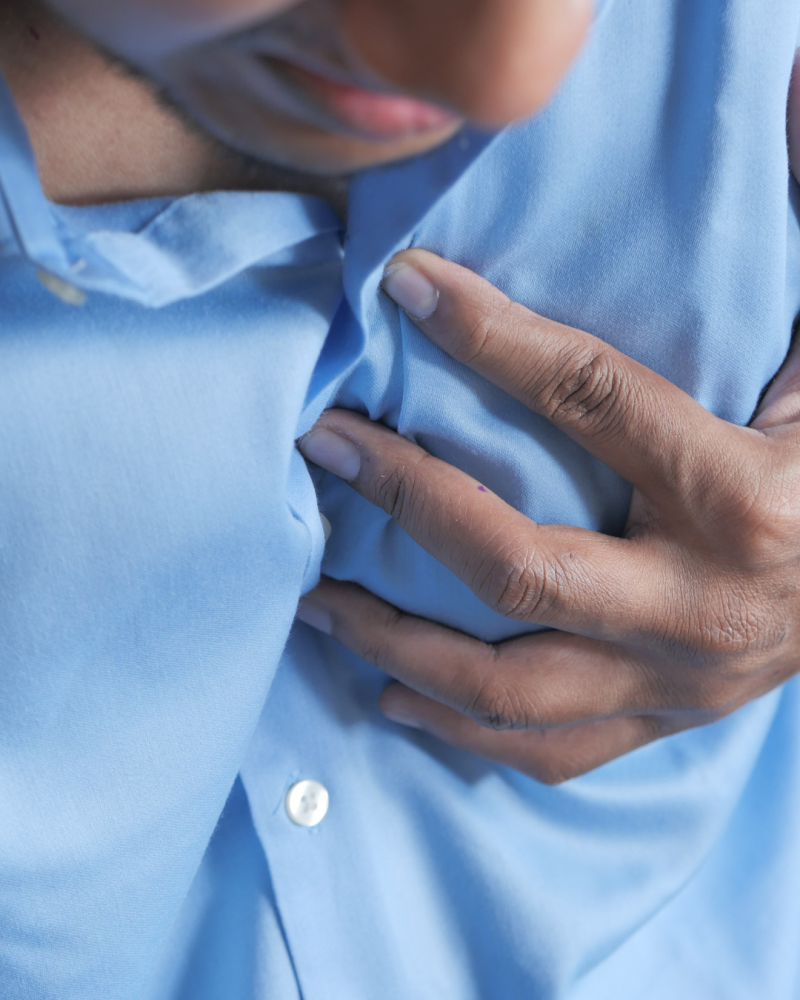Don't ignore menstrual problems
LATE, painful and irregular periods are signs that something is not quite right with a woman's body.
While these are symptoms of gynaecological conditions such as endometriosis and Polycystic Ovarian Syndrome (PCOS), most women may not be able to differentiate the two as the signs overlap and can cause further worry among patients who want to seek treatment.
Sunway Medical Centre Velocity (SMCV) consultant obstetrician and gynaecologist, Dr Farah Leong Rahman says both conditions are different, with PCOS related to abnormal hormone levels in the body, including high levels of insulin.
"Some of the common symptoms of PCOS are infrequent or irregular period, weight gain, oily face, hair at unwanted places or acne caused by increased production of male hormones."
Endometriosis, however, is a condition where the tissue lining the womb starts to grow elsewhere such as the ovaries, uterus, fallopian tubes, bowels and sometimes, rarely, on the lungs.
Symptoms can vary in women, but they usually have painful periods, pain during or after sex or a constant pain at the lower tummy or back.
Endometriosis is rather common, affecting 1 in 10 women worldwide. SMCV consultant obstetrician and gynaecologist Dr Ashley Chung Soo Bee explains that endometriosis usually affects women during their reproductive age.
With PCOS, research has shown that genetics play a factor in the condition developing, with 25-30 per cent of women with PCOS having a mother or sister with PCOS as well.
"Family members of a woman with PCOS are at a higher risk of developing the same metabolic abnormalities," she explains.
On some occasions, patients can develop both conditions at the same time. This makes it all the more important for them to seek proper medical counsel and help so they can find and receive the right balance in treatment when it comes to both endometriosis and PCOS.
Women with PCOS or endometriosis are able to conceive naturally but some may require assistance.
Women with PCOS who have irregular or infrequent periods suffer from a lack of ovulation (release of egg from the ovary), making it difficult to determine their fertile period.
Women with endometriosis on the other hand, may have a distorted anatomy of the pelvis and scarring tissues around the ovaries and fallopian tubes, making the environment less conducive for pregnancy, elaborates Dr Farah.
With endometriosis cysts being found in or on fallopian tubes, bowels and on, behind or around the womb in the area between the vagina and rectum, the subsequent bleeding that occurs may cause pain, inflammation, scarring and possibility of organ damage.
"Please consult a gynaecologist if you have painful periods, regular pain before, during or after your period, pain or discomfort during sex, pain related to your bowel and bladder movement or difficulty getting pregnant as you might have endometriosis," says Dr Chung.
She explains that PCOS may vary from woman to woman, with some experiencing milder symptoms and others experiencing severe ones.

Late, painful and irregular periods are signs that something is not right and women should see a doctor.
Once women have a PCOS diagnosis, they are also at higher risk of getting long term health problems such as diabetes, high blood pressure, depression and psychological issues and cancer of the womb.
Dr Farah adds that there is no permanent cure for both conditions, but there are treatments to help ease the symptoms.
"The primary treatment for women with PCOS is lifestyle changes such as maintaining an optimal weight, eating a healthy and well-balanced diet and regular exercise."
As for women with endometriosis, the management and treatment depends on the severity of their symptoms and whether it affects quality of life.
In the case of both conditions, the ideal course of action is to speak to a trusted consultant that can advise what tests and check-ups can be done to ensure a proper diagnosis is delivered.
From pelvic ultrasound scans to hormonal blood tests to check on the patient's hormonal status and ovarian reserve, patients can then figure out the appropriate treatments to live well with their conditions.
返回Suggest to Read
